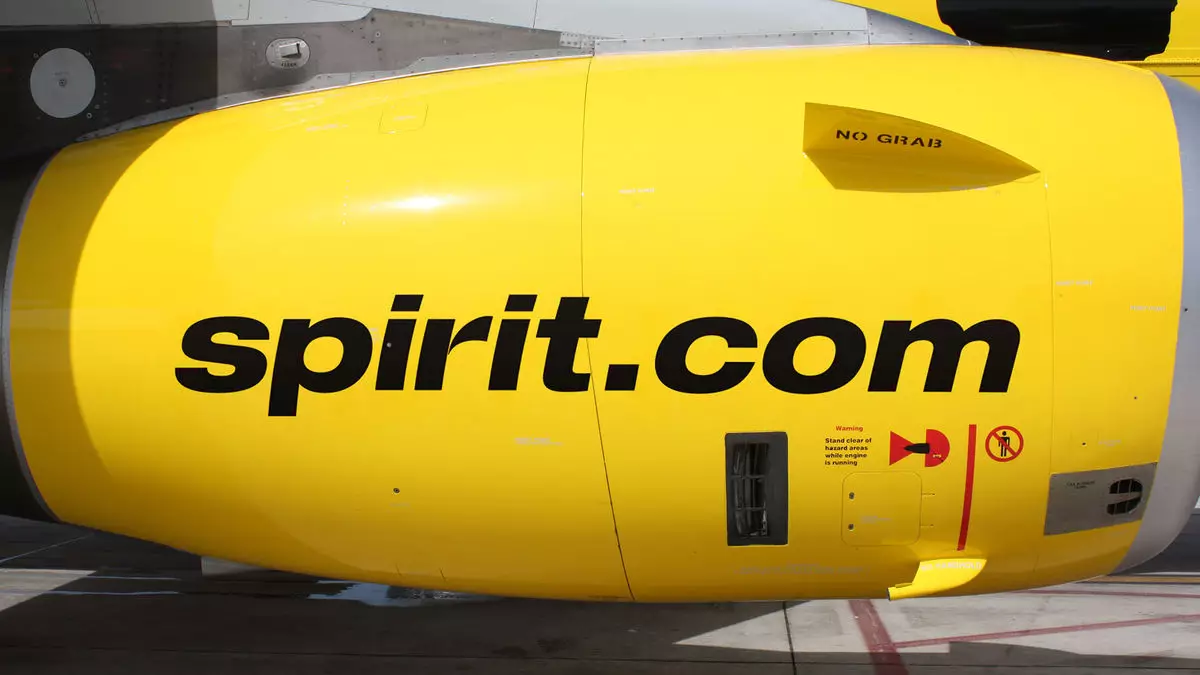In an ongoing saga within the aviation industry, Spirit Airlines has once again turned down a potential acquisition offer from Frontier Airlines. This rejection comes on the heels of Frontier’s latest proposal submitted on February 4, resembling a prior offer made on January 7. In a bid to enhance its market position, Frontier’s offer purportedly included $400 million in new debt coupled with a stake of 19% of its common equity intended for Spirit investors. Notably, this latest offer sought to circumvent a necessary $350 million equity investment, which is a crucial aspect of Spirit’s restructuring agenda as it navigates through Chapter 11 bankruptcy.
Despite these overtures from Frontier, Spirit Airlines maintains that the proposed deal would not yield as substantial a return for its stakeholders compared to the ongoing reorganization efforts laid out in its existing plan. The complexities of these negotiations exemplify the intricacies involved in corporate mergers and acquisitions, particularly in the airline sector, where financial stability is paramount.
The decision by Spirit Airlines to reject Frontier’s acquisition proposal is indicative of its commitment to its internal restructuring plan initiated in November. As the company prepares for a crucial court hearing scheduled for February 13, its leadership is evidently prioritizing the long-term health of the company over short-term financial gains that might come from an acquisition. The rejection of a counterproposal from Spirit, without Frontier advancing a new offer, suggests a stalemate that could have far-reaching implications for both airlines.
In a letter dated February 10 addressed to Spirit CEO Ted Christie, Frontier executives pointed out that the omission of the $350 million equity rights offering represented a “significant concession.” However, they simultaneously made it clear that they were unwilling to modify any other components of their initial proposal. This rigidity could hinder the potential for future negotiations, leaving both companies at an impasse.
This situation is set against a backdrop of significant challenges for both airlines. Spirit’s previous plans to accept a $3.8 billion proposal from JetBlue fell through after the Justice Department blocked the merger due to antitrust concerns. This history underscores the difficulties airlines face in consolidating within an industry where regulatory scrutiny is high. Despite these hurdles, Spirit Airlines is pressing on with its restructuring strategy, anticipating that it will emerge from bankruptcy by the end of March.
The dynamics of mergers and acquisitions within the airline industry are ever-evolving, influenced by financial stability, regulatory landscapes, and market conditions. Spirit’s stand against Frontier not only reflects its strategic direction but also emphasizes its dedication to enhancing shareholder value through a stable and internal approach. The ongoing developments warrant close attention as they could potentially reshape the competitive landscape of air travel in the United States.
While acquisition offers may appear enticing, Spirit Airlines’ rejection of Frontier’s proposal highlights the complexities and risks inherent in such business maneuvers. The coming weeks will be critical as Spirit advances with its reorganization efforts amidst a contentious negotiation environment.


Leave a Reply